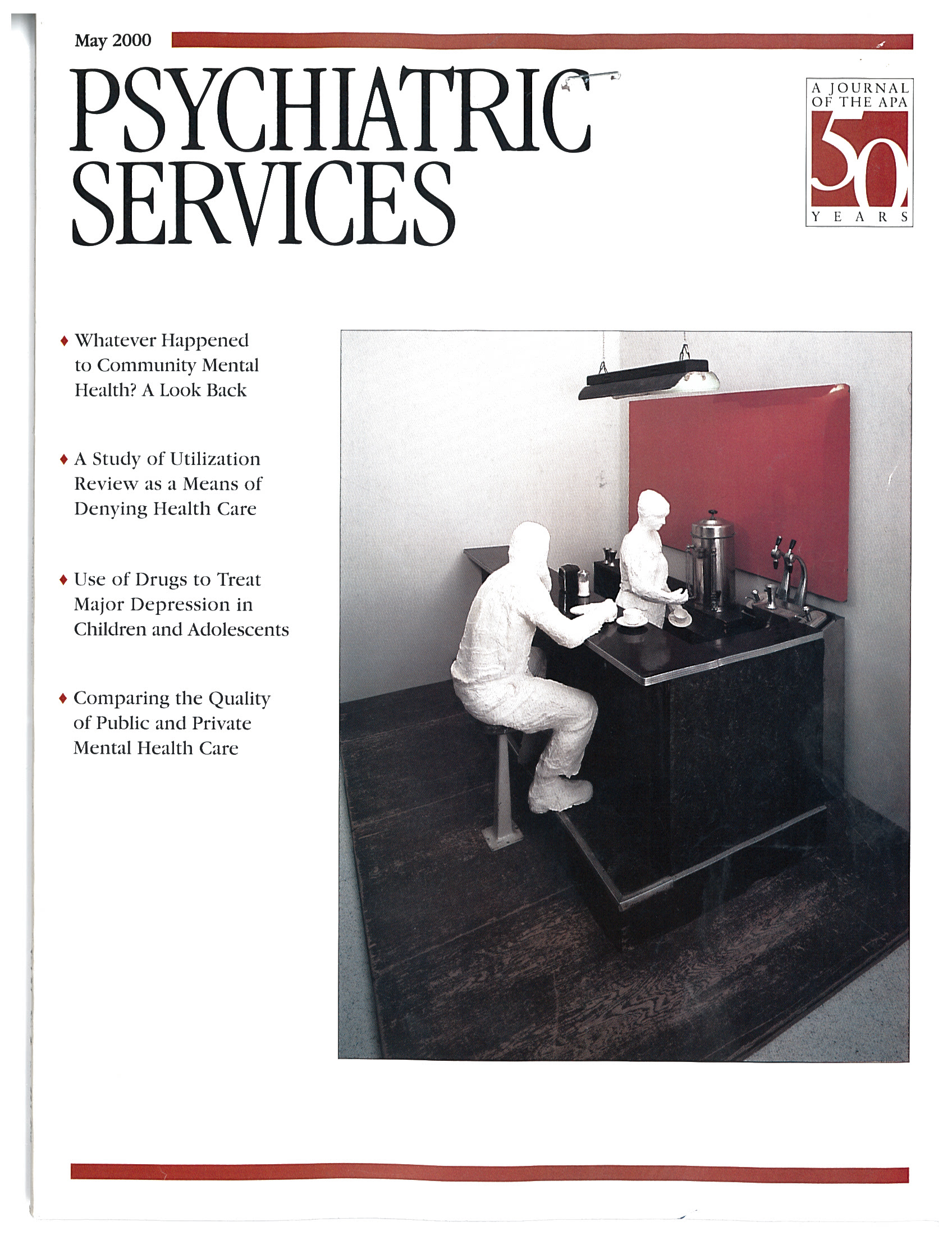Acceptability of Telepsychiatry to a Rural Population
Abstract
Sixty-seven residents of a rural Midwestern state were surveyed by telephone to determine which factors influence their willingness to receive mental health services through live, two-way audio and video transmission. Two-thirds of the survey respondents were willing to participate in telepsychiatry. Many expressed reluctance, however. They were concerned about maintaining confidentiality, and they perceived telepsychiatry as impersonal. Medicare enrollees and older survey respondents were less willing than younger respondents to endorse the use of telemedicine.



